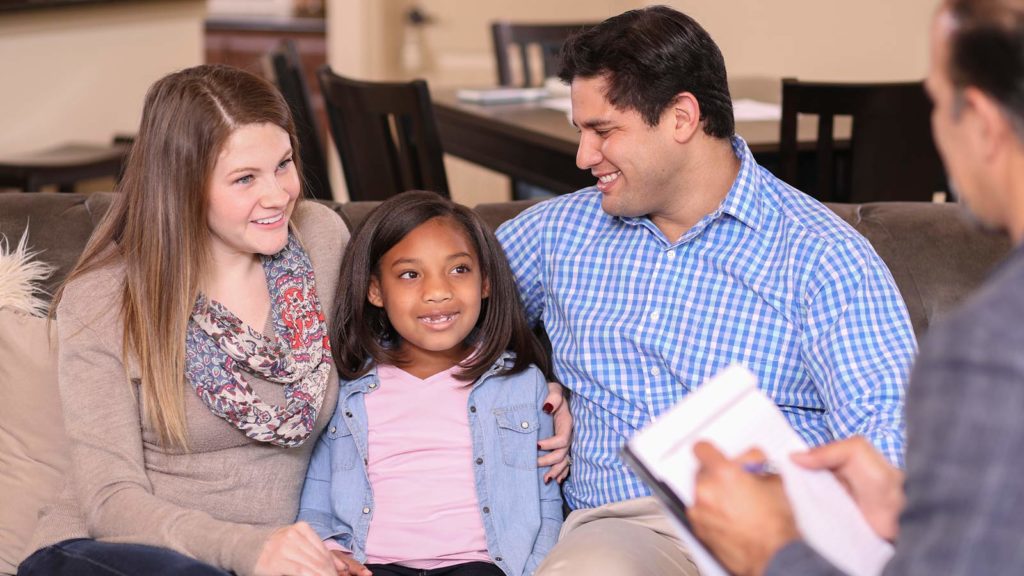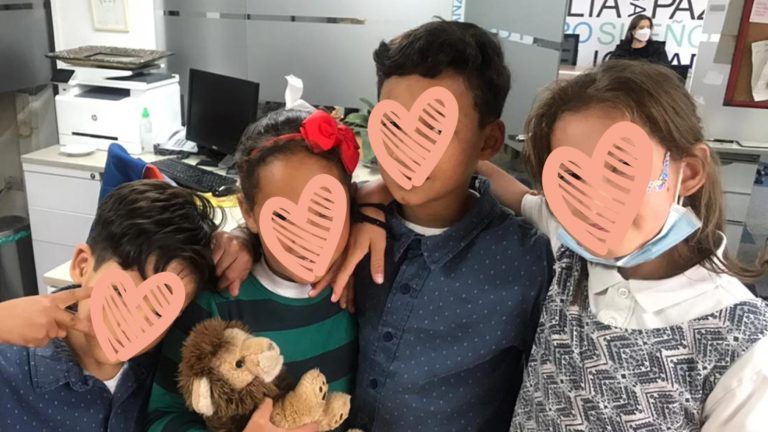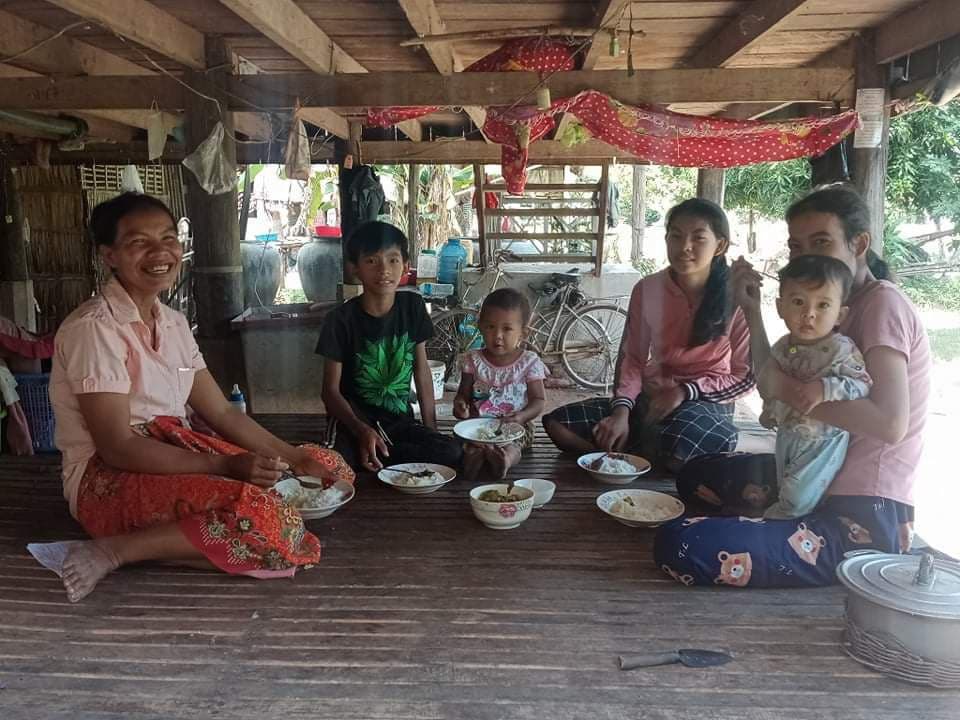Every single child deserves the opportunity to grow and develop to their fullest potential, including children with disabilities. Despite a child’s challenges, it is essential that caregivers understand each child’s strengths, capacities and needs.
It is vital that all areas of development are supported. Giving a child simple support during their everyday activities and routines encourages development in an efficient and effective way.
5 Ways to Support Children With Disabilities or Medical Needs
1. Set high expectations. Children with disabilities or medical needs can do a lot more than we might expect. Yet it’s hard to grow and learn when you aren’t given the chance. Families can support their children through lots of opportunities to play, interact, learn and try new things.
2. Find their strengths. Every child with a disability or medical need has her own unique strengths. It’s important for caregivers to identify these strengths and use them to help a child continue to develop.
3. Provide individualized care. Every child is different. Despite having a similar condition, children do not always have similar abilities and needs. Therefore, the care provided for each child must be individualized. Identifying and understanding the unique needs of the child is one of the best ways you can support children with disabilities.

Check out additional parenting resources!
View our expanded list of recommended parenting websites, books and other resources organized by topic.
4. Make the most of mealtimes. Providing positive interactions to a child with a disability or medical need during mealtimes is one of the best way to support their development. Mealtimes are an opportunity for learning and building relationships.
5. Create positive relationships. Children learn best in the context of positive relationships. Set aside time to be present and engage in small activities with your child. Practicing new skills or helping with household chores provides children with the opportunity to learn while feeling cared for and supported. Positive interactions and healthy relationships between children and their caregivers support the growth and development of a child’s brain, body and mind. This is important because children with disabilities can have difficulties eating and engaging socially.
Children with disabilities or medical needs are children who have unique differences and may require extra care and patience from their caregivers. It is valuable for caregivers to understand and anticipate which children may have needs requiring extra care, what those needs might be and how best to support them.
For more information on how you can support your child with disabilities visit Childcare.gov or see Holt’s list of recommended parenting resources.

Receive Post Adoption Coaching & Education
All parents encounter challenges as their children grow up. And sometimes, issues may arise that leave you uncertain as to how best to respond. But not every issue requires therapy or counseling. The PACE program is here to help during those times.


